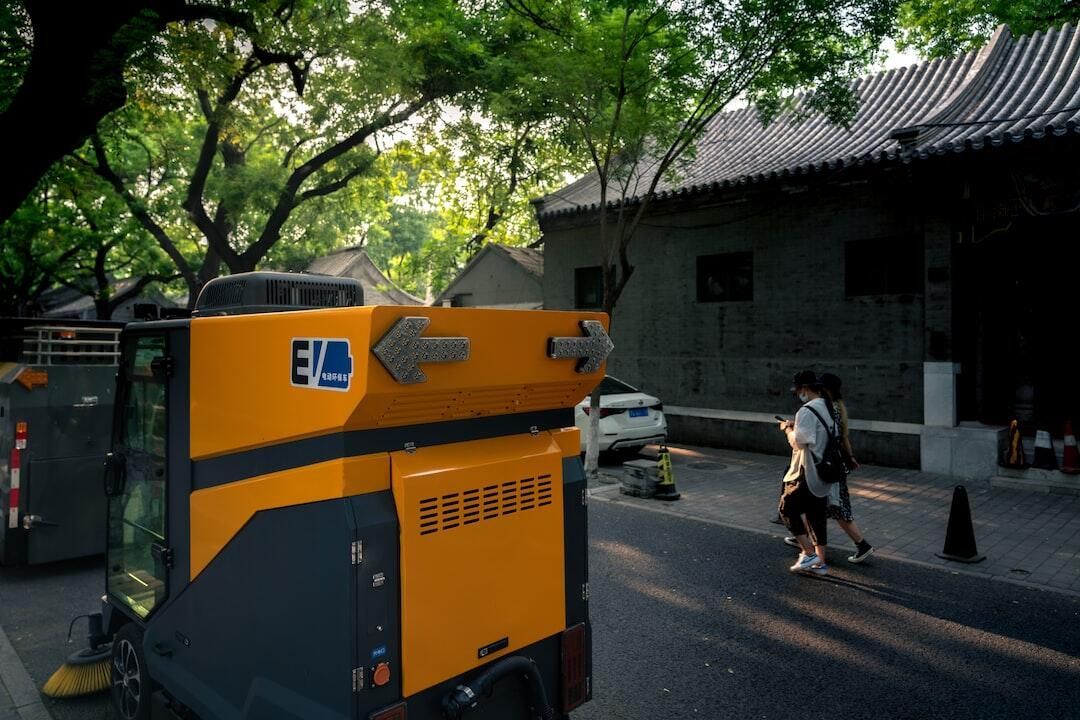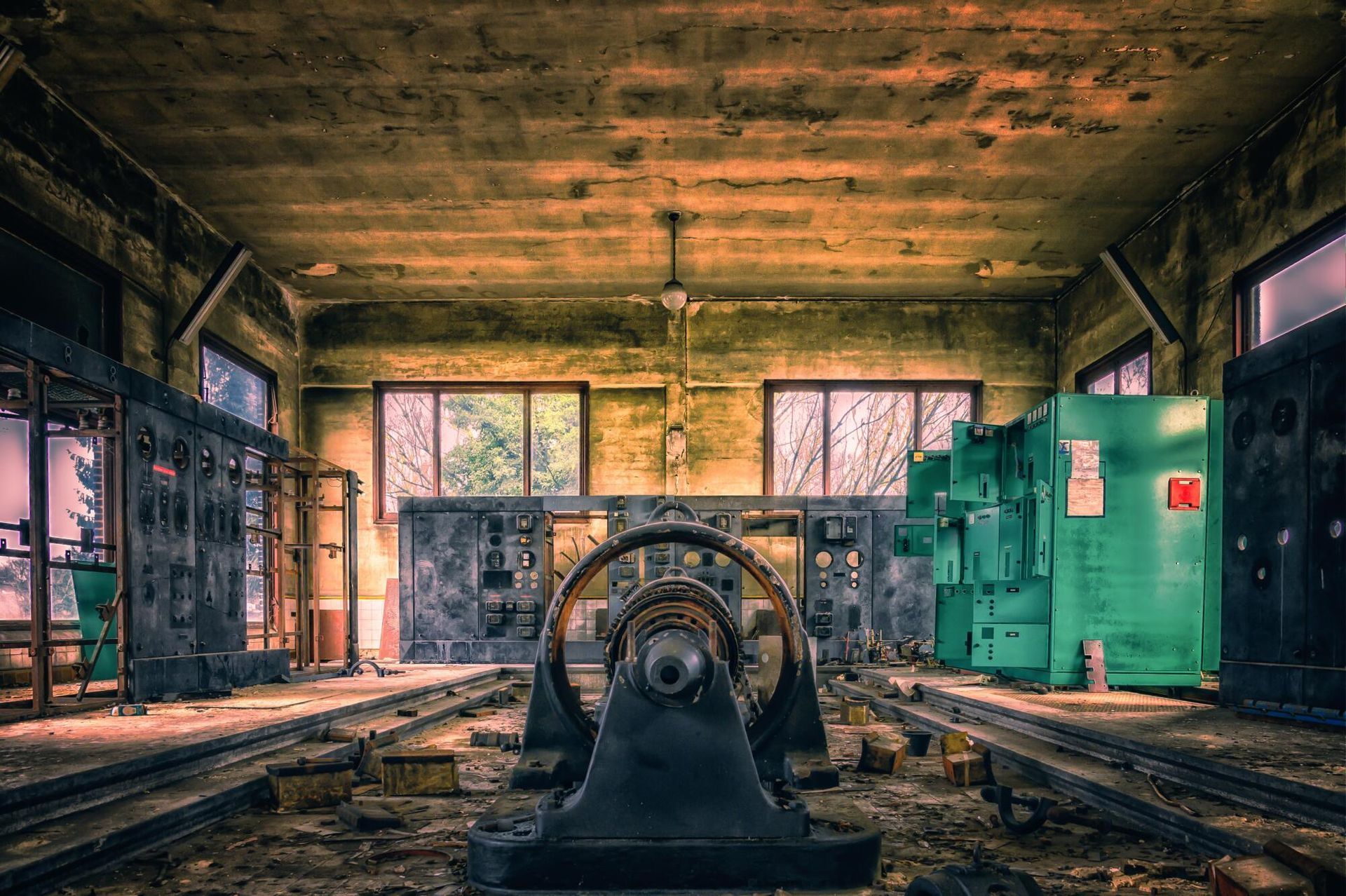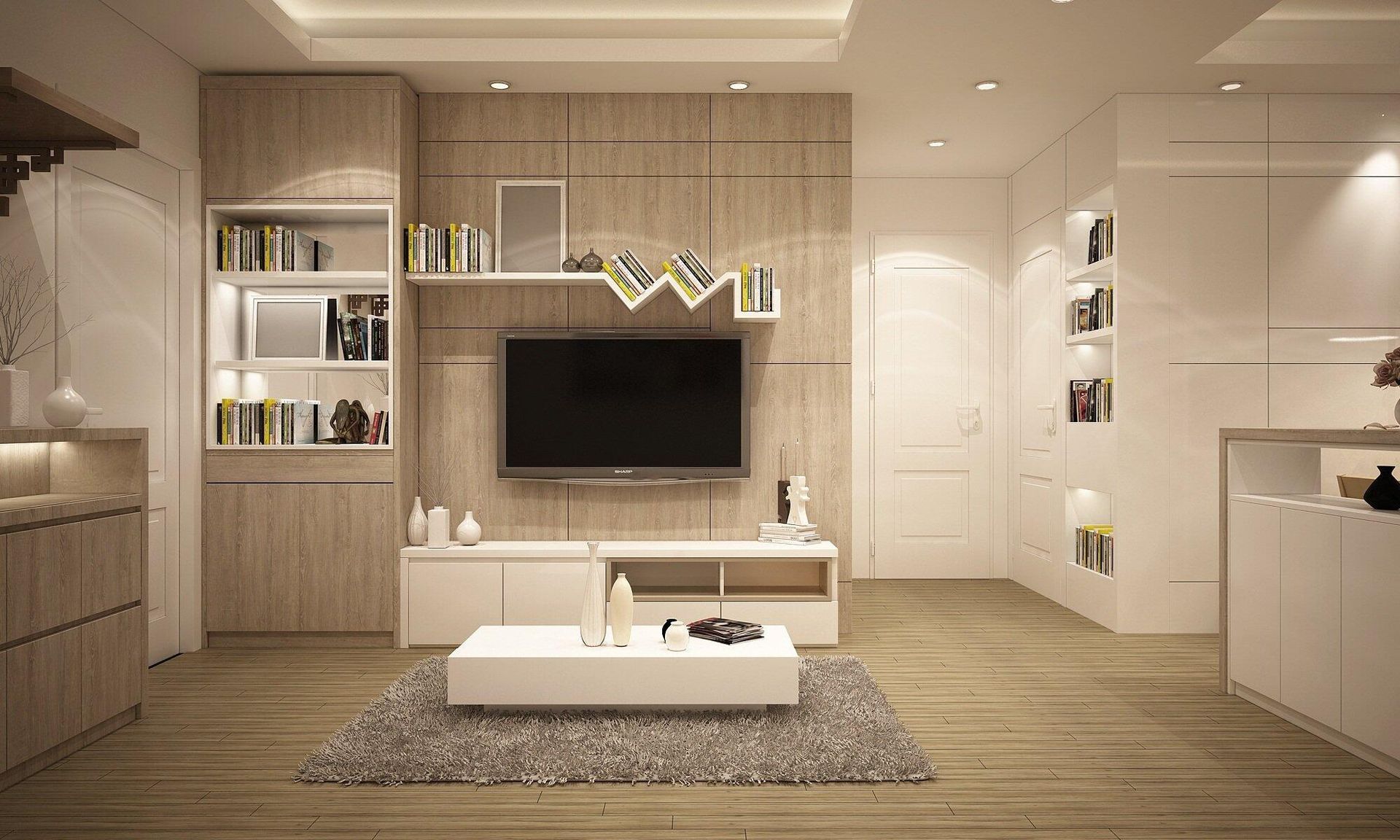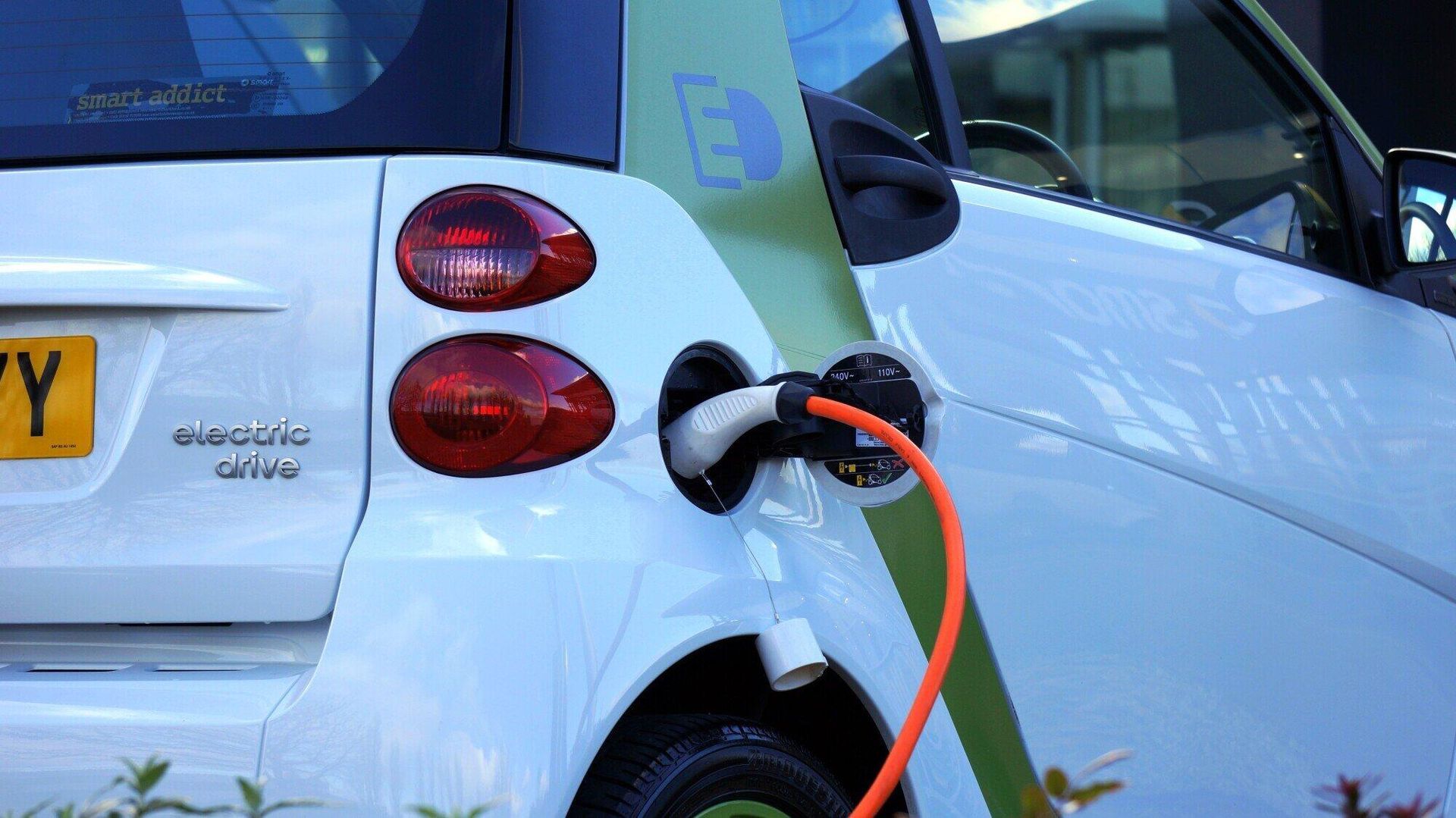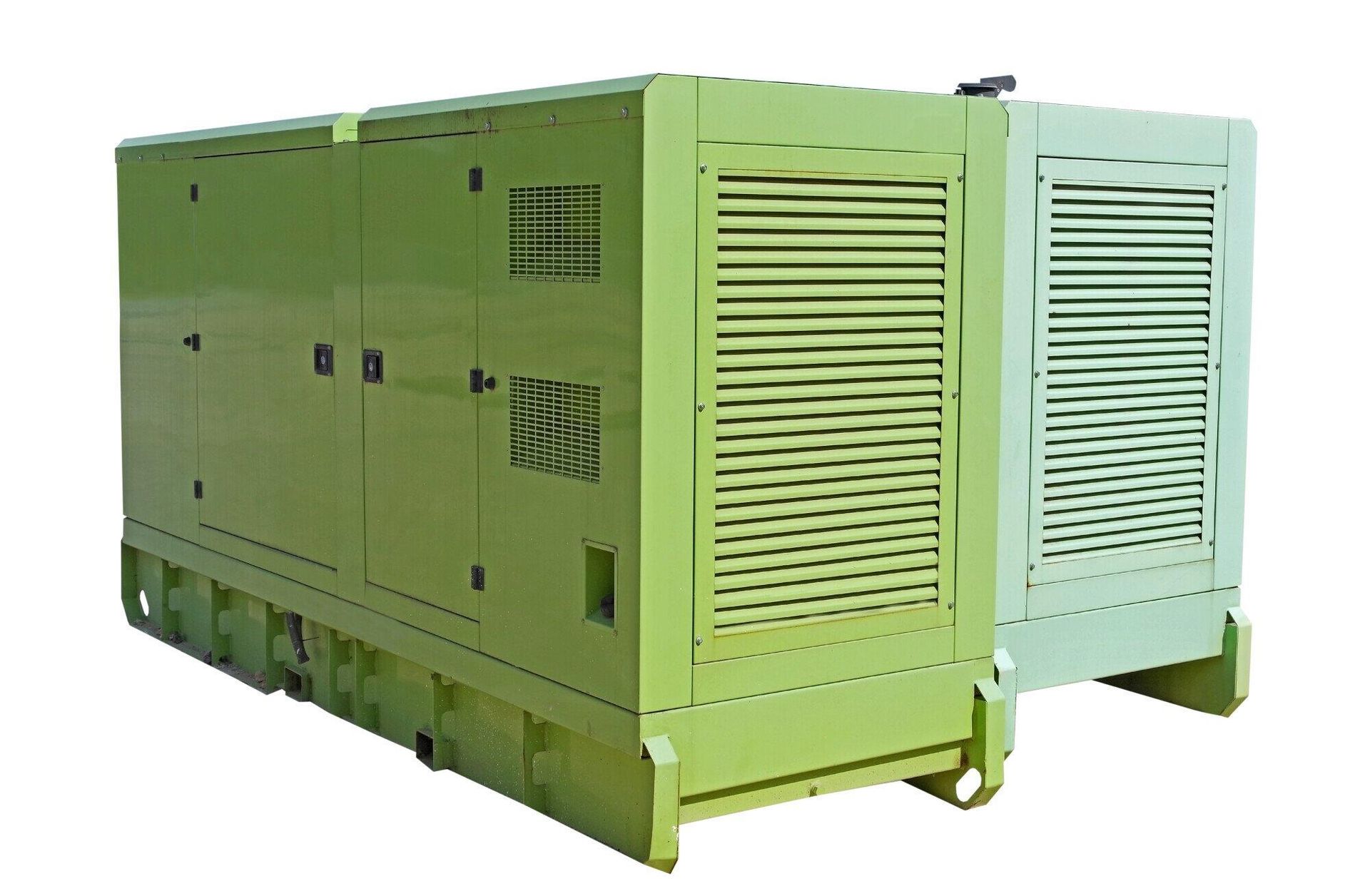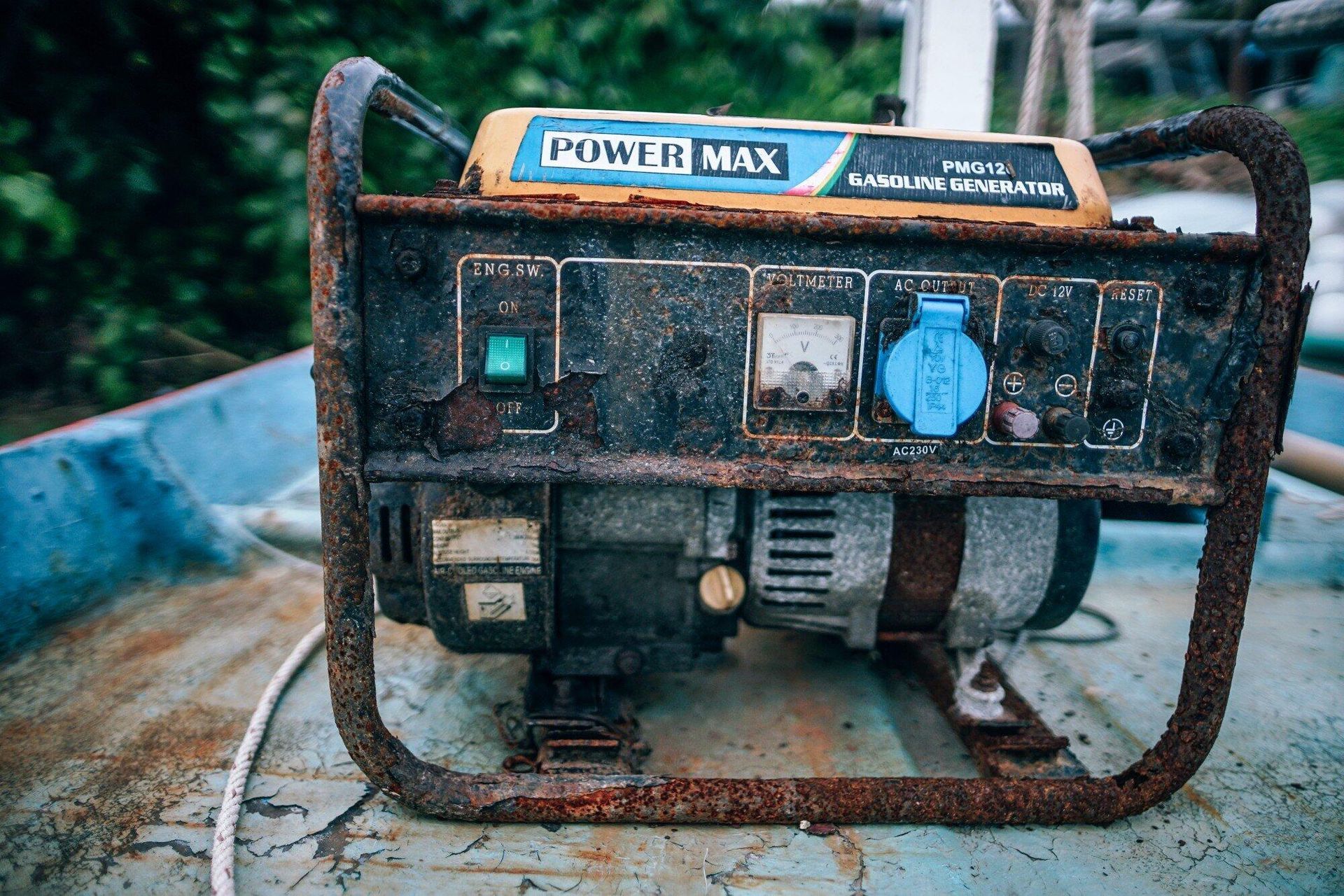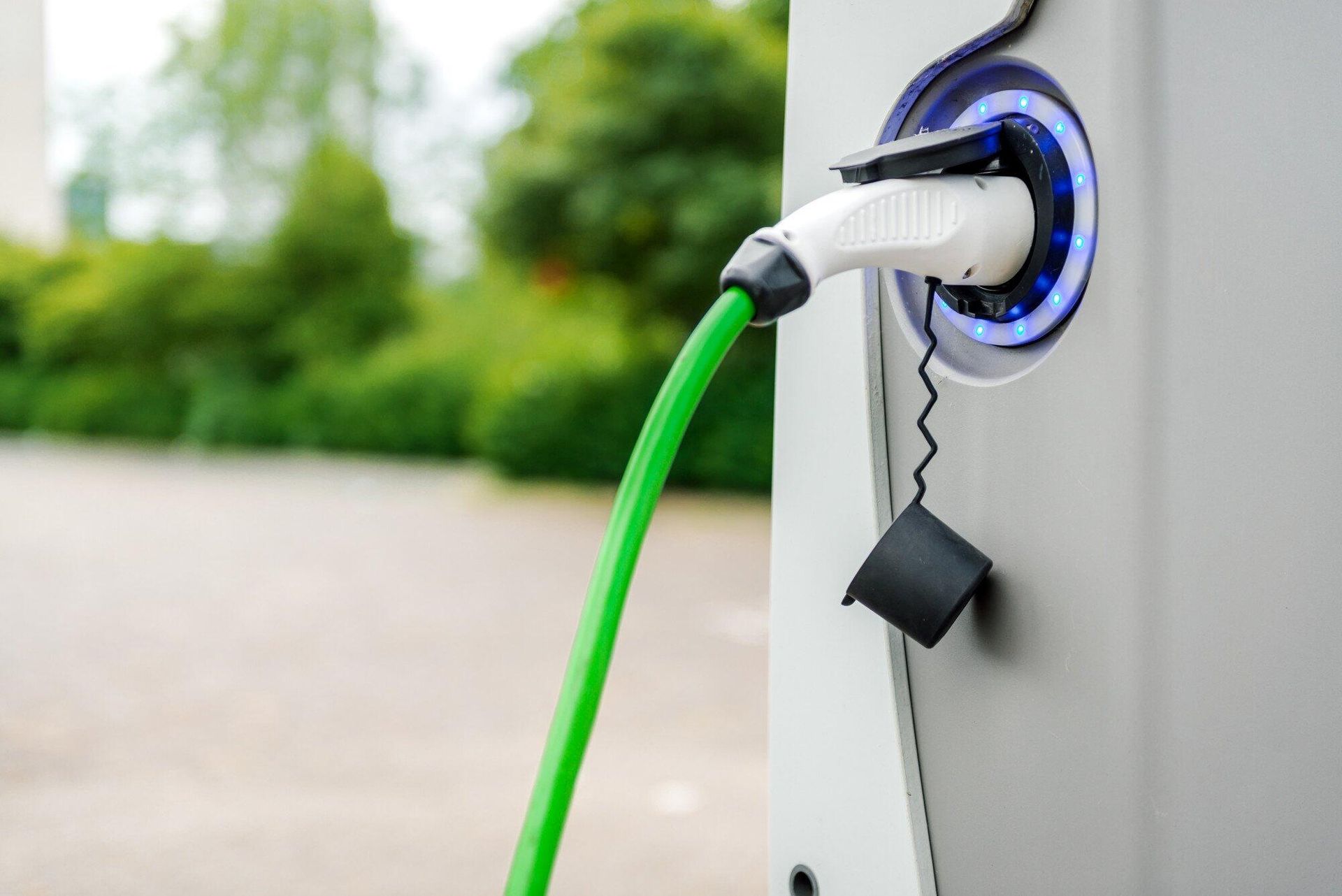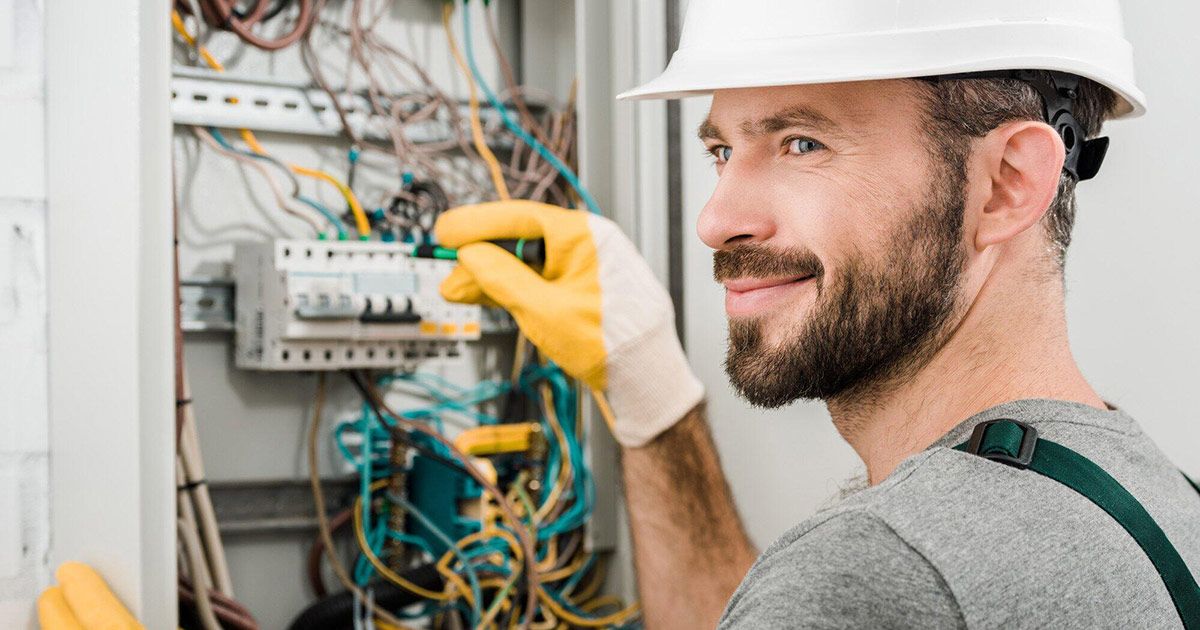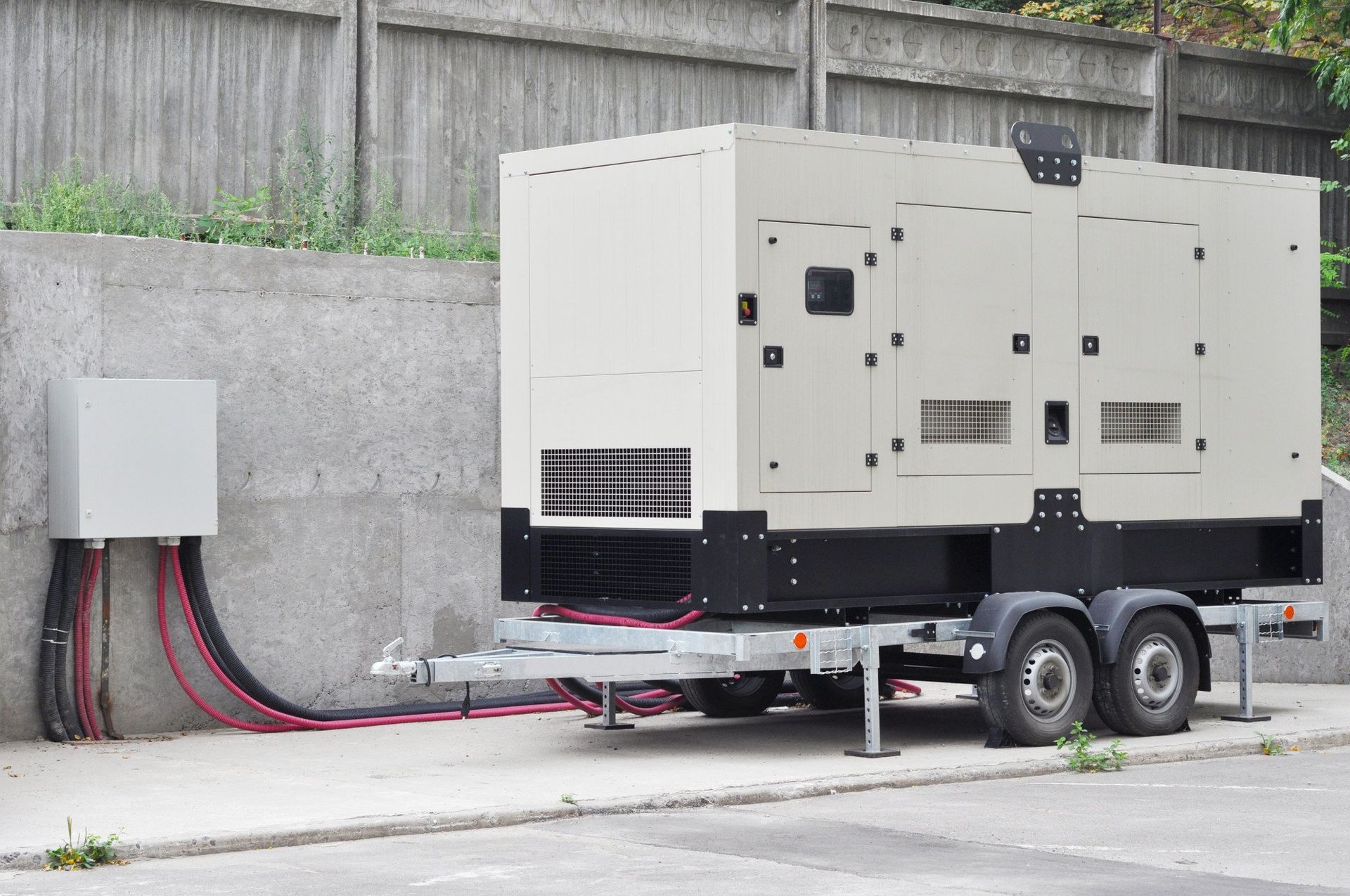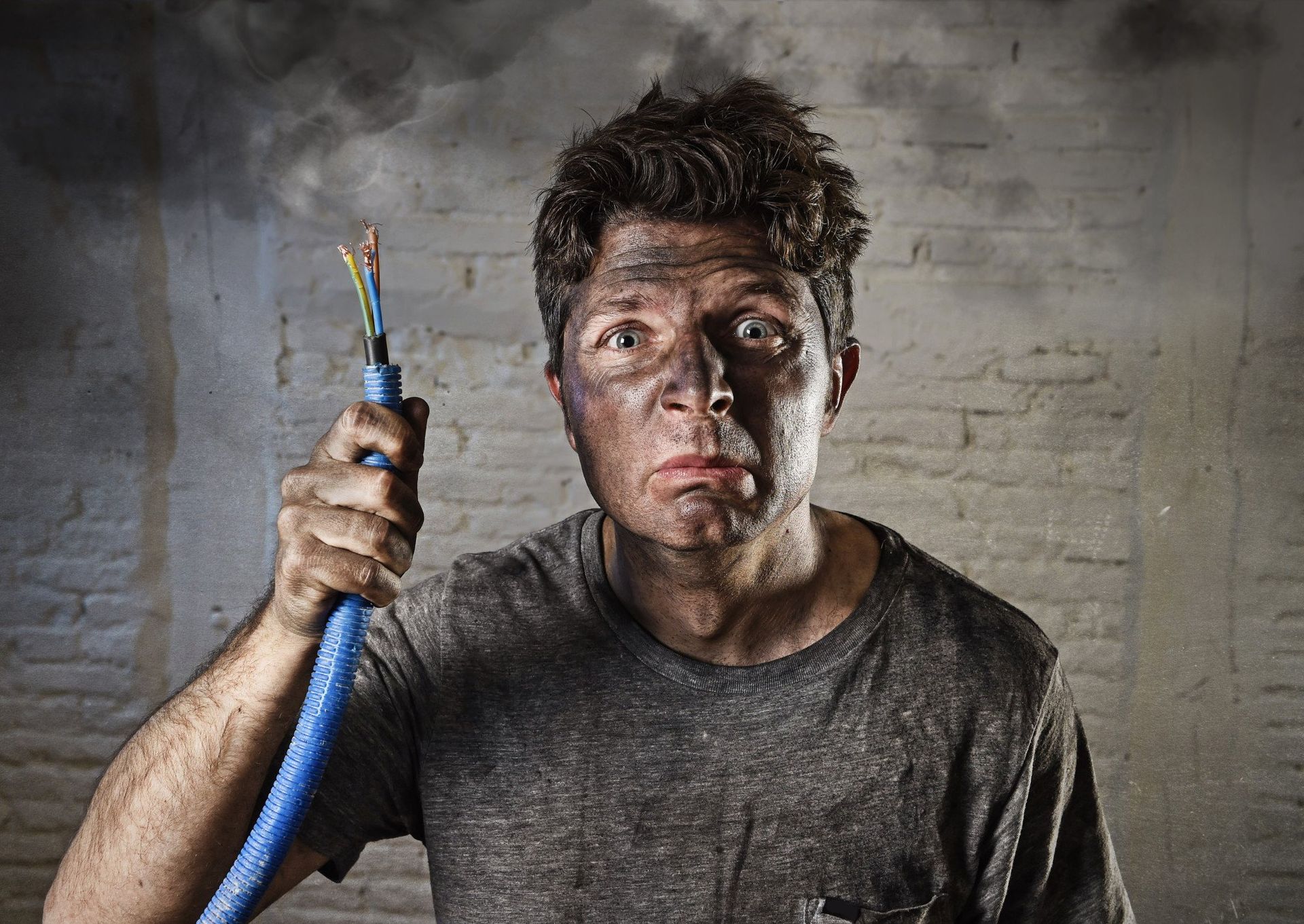10 Types of Electrical Repairs You May Need
Having necessary maintenance done sooner rather than later is always a good idea. Here are the ten most common types of electrical repairs you might need.
Your home's electrical system is vital for supplying the power you need. However, this system also presents risks, including fire. Around 51,000 electrical fires occur yearly, but many could be avoided.
Maintaining an electrical system is one way to reduce your home's fire risk. Additionally, getting the necessary electrical repairs also helps.
Are you ready to improve the safety and functions of your electrical system? If so, contact a Generac dealer in Northeastern North Carolina and Southeastern Virginia. After all, they can help you with every electrical issue you have.
Here are ten electrical repairs an electrician might suggest for your home.
1. Tripping Breakers
A breaker in your electrical panel box might trip occasionally. However, breakers should rarely trip. You'll need electrical repairs if a breaker trips often.
Breakers trip for various reasons. Generally, this happens when the circuit experiences an overload of power.
When electricians wire houses, they spread the power out through multiple breakers. Thus, each breaker only controls some outlets or switches instead of a breaker controlling an entire home's electrical needs.
An electrician can determine if this is the cause. Then, they can add another circuit to spread the power usage out among multiple breakers if it is.
2. Adding Outlets
Older homes have fewer electrical outlets than newer homes. This is the case primarily because people have more electrical items to plug in today than in years past.
Thus, your home might need more outlets if it's older. As a result, you might run extension cords to plug multiple things into one outlet, which isn't the safest way to handle this need.
Instead, you can hire an electrician to add outlets to your electrical system. Of course, they might also need to add additional breakers to power these.
3. Flickering Lights
Do the lights in your home ever flicker? Do you notice it primarily when an appliance kicks on?
Flickering lights are a problem to address regardless of why it's happening. Your lights shouldn't flicker for any reason.
In most cases, lights flicker for the same reason breakers trip - a power overload. An electrician can add a new circuit or spread the power among several to resolve this common issue.
4. Updating Electrical Panel
The electrical panel in your home controls all the power. However, panels need replacement after a while. In most cases, they last at least 25 years or longer.
You might see a few signs when you need to replace this panel. For example, you'll experience more light flickering and tripped breakers.
Another sign is a burnt smell coming from your electrical outlets or devices. You can also watch for electrical shocks when touching your appliances.
Replacing an electrical panel is a task you'll probably only need once in your lifetime, but it's a crucial one. An electrical company can determine if you need to replace yours and can handle the job.
5. Addressing Buzzing Sounds
It might be wise to hire an electrician if you hear buzzing sounds from your electrical system. For example, do you hear buzzing from an outlet or light switch? If so, when does it happen?
You shouldn't ignore these sounds. When an electrical system buzzes, it typically means the wire is arcing. Arcing interferes with the electrical current's traveling and could pose risks to your home.
6. Shocking Outlets
It's not abnormal to feel a brief electrical shock occasionally when turning on a light switch. However, you shouldn't feel major shocks. In addition, this shouldn't happen all the time.
When outlets or switches shock you, there is a problem. The primary reason this happens is from a worn-out switch. The wiring in switches and outlets can fail after a while.
Thus, the most common way to fix this problem is by replacing the outlets and switches causing the shocks.
7. Installing a Generator
Some homeowners also hire electricians when they want generators. A backup generator is a device that kicks on when your home loses power. You can wire it in, so it kicks on automatically.
Of course, you'll need to hire Generac dealers to get a generator. They'll help you choose the right type and size. Then, they'll install and wire it in for you.
With a generator, you'll never have to deal with no electricity. Instead, the backup device turns on when needed, supplying your home with electricity during outages.
8. Wiring for a Hot Tub
Additionally, an electrician must wire in a hot tub if you decide to purchase one. You can place a hot tub in your home. However, most people put them outdoors.
Unfortunately, a hot tub requires a large electrical current to operate. Thus, you must wire it in accordingly. If you decide to get a hot tub, talk to an electrician to learn more.
9. Rewiring Parts of Your Home
Replacing an electrical panel is one update your system might need. But your system might also need rewiring services.
Old, outdated wiring leads to circuit overloads. Unfortunately, this is a leading cause of electrical house fires.
10. Fixing or Replacing Electrical Fixtures
Finally, people hire electricians when they need repairs or replacement of their electrical fixtures. For example, do you want to replace an old ceiling fan in your bedroom? An electrician can safely do this for you.
Electricians can replace or repair fixtures in every room, including outdoor fixtures. So contact an electrical company the next time you need any updates to your electrical system.
Get Electrical Repairs From a Generac Dealer in Northeastern North Carolina and Southeastern Virginia
Does your home need electrical repairs? If you're unsure, talk to a Generac dealer in Northeastern North Carolina and Southeastern Virginia. They can perform an electrical inspection to see what your home needs.
Keeping up with routine electrical maintenance and repairs will make your home safer.
Contact us if you need electrical repairs or maintenance. We can assist with every electric-related issue you have, and we operate in Northeastern North Carolina and Southeastern Virginia.
